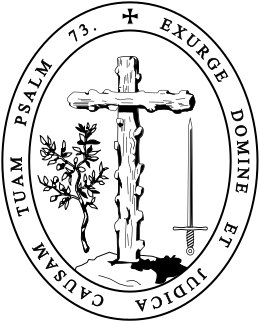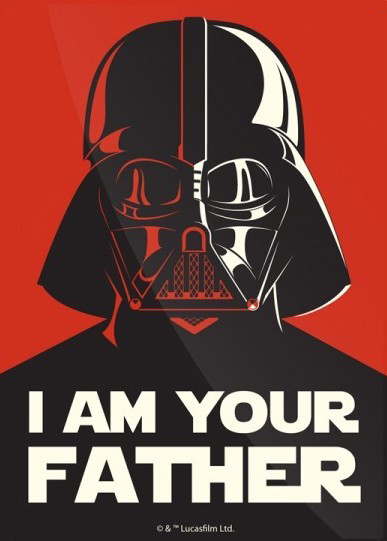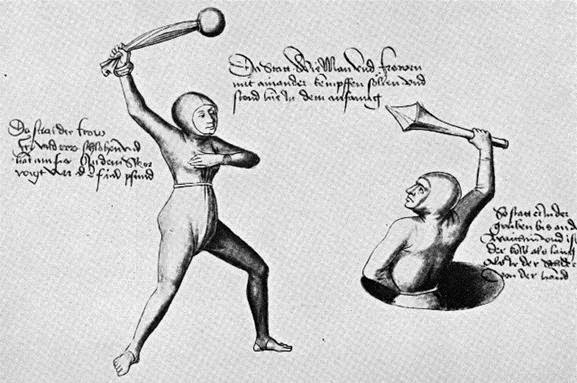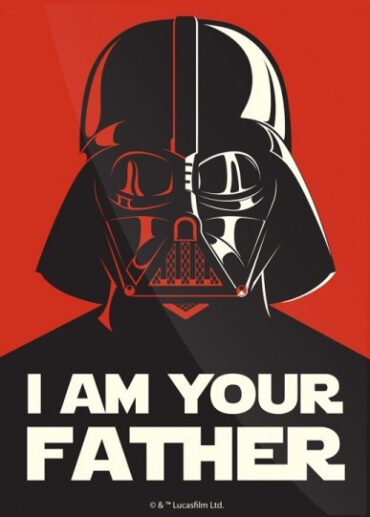Science vs Religion
Belief is a funny thing. It just happens : we believe stuff. And these beliefs kinda coalesce to make up our worldview. This is pretty important really, because what I see when I look at the world (including when I look at myself), is what I call reality.
My reality had always included a war between religion and rationality.
Science and the Church have historically been arch enemies. Remember Galileo vs the Inquisition? Darwin vs Creationism?
We can still suppose that these philosophical battles really did take place, but my understanding of the relationship between religion and science, though it feels real, correct, is at best, incomplete.
I have an image that affects my view of reality, is my view of reality to a certain extent : Religion has always been a hindrance to the advancement of Science.

This belief of mine, which is probably a common one, is based on a couple of stories that have been continually repeated throughout my life. I have seen Galileo take flack from the Inquisition on TV, in History class; and I see creationists misrepresenting the theory of Evolution on YouTube even today.
But now the WEIRD theory tells me a different story. It tells me that the Christian church created the necessary environment for the scientific method to take off. That it was the actions of the Church that allowed for the adequate mindset to arise in our brains.
The story in my head now is that the Church gave birth to its greatest enemy. And I’m loving that story, it’s a classic – even better than Frankenstein and his monster.
Of course, I could have rejected the theory. Despite having nothing to counter the overwhelming amount of data points Dr. Henrich and his team managed to collate (Galileo and Darwin both appearing on the scene when the game was already up ie. post 15th century).
I have always looked at religious dogma and belief from afar, often in amazement – but I suppose that I never identified as an Anti-theist. So I suppose I had no skin in the game.
I may be wholeheartedly cheering on the side of reason in any Theist vs Atheist debate; and some pretty horrible things have been done in the name of religion, but this just seems to me to be a problem inherent to human nature.
Religious beliefs would be more of a symptom of being human, rather than the root of all confusion.
A true anti-Theist might have found this new WEIRD theory quite hard to swallow. A bit like Luke Skywalker’s initial difficulty in believing Darth Vader’s claim of paternity.

Isn’t that part of belief? We confuse our conclusions with truth. And they become solid and static. The truth is the truth we say – meaning it doesn’t change from one moment to the next.
And we identify with what we know. If I adopt some anti-theistic beliefs, I somehow become an anti-theist, I now am part of the anti-theist tribe. Which confuses our relationship to the truth somewhat, with an extra notion of having to defend a personal truth : my truth.
We are, in a way, defined by our beliefs : I am a Christian, or a Hindu, or an Atheist. I am a Republican, a Democrat, or an Anarchist. We adopt world views, and these views somehow become part of my identity. An identity and worldview which is directly tied to my community, my sense of belonging.
Belief defines what is true (for me), it is tied to my wellbeing, my values, and it is part of who I am.
What an incredibly compelling force, impressive really. No wonder we are willing to die (and kill) for our beliefs.
I think there is a case for the idea that our capacity for belief is unique – part of the arsenal that has placed humans at the top of the heap – along with language and imagination.
At its most basic level, belief is a way of making sense of the world around us. Children do it naturally, greedily. It’s how we learn what’s what. How we become upstanding members of society : by believing, repeating and copying what everyone around us says and does.

The great thing about this is that it allows us to work together, with a shared sense of reality, shared goals. We can unite around some societal project we all see as necessary, worthwhile : like hunting woolly Mammoths with the bros, or like when we went to the moon in 1969.
The problems start when we are confronted with a different opinion or a whole different tribe. It immediately becomes apparent that your opinions and beliefs are weird, and wrong. We are stuck in a bubble of belief, looking out at the world through a filter.
Of course it doesn’t feel that way to us; strange, irrational beliefs only seem apparent in others.
If we put someone with a conservative Islamic mindset, and myself, in the same situation, we won’t necessarily have the same experience. You could go so far as to say that, even if we were looking at the same scene, we might not be seeing the same thing.
For example, when confronted with a young lady in shorts and a T-shirt, our experiences would probably be radically different. Our brains, conditioned differently in disparate cultural environments, would in a sense, be perceiving different “realities”.
As a highly conservative religious person who believed that women should be hidden from view, I would act and feel as if what I saw was actual reality. In this case, I would probably be seeing someone who was improperly dressed. If the improperly dressed woman was of middle eastern origin, or if I recognised her to be somehow part of my religious community, that would make things worse. And depending on the context I might actually express my righteous anger.
The same goes with slices of bacon, a Muslim and I would not see the same thing. We both see our projections of reality.
The fact that I can see that someone else’s beliefs are distorting their relationship with the world, must mean that this could also be the case for me. Unless I am, by some stroke of luck, a special case. I do feel pretty special.
When we consider the beliefs of other people from radically different backgrounds, the idea that we are living within separate bubbles of belief that determine what we see, seems completely legitimate. But I seem to be experiencing reality as it actually is.
Intellectually at least, I’m sure we can all admit that the odds that I am the only human able to detect reality as it really is, are pretty damn slim.
Surely too, we have all found out that we have been wrong about something. And that believing in something that turned out to be fallacious, felt exactly the same as all the other (hopefully accurate) beliefs we have. Believing in a fact feels exactly the same as believing a lie.
What I know and what I see seems real to me, and although you might not agree with what I see when I look at the world, the process affecting our experience is the same – our human brains.
We are both born with practically identical brains that feel to us like truth detecting machines. And it’s a self reinforcing process : What I see, confirms what I believe. My experience reinforces my reality. What I see is obviously the truth – my experience tells me so.
So why would I turn away from what seems so evidently true? If everything I see and do confirms that the world really is as I believe it to be, surely ignoring the facts would be folly? Anyone who has ever stubbed their toe on a rock definitely knows better than to step in front of a moving bus.
As we implied earlier, the problem begins when my beliefs no longer help me navigate the world, but on the contrary, complicate or deteriorate my relationship with reality. The most obvious example being when conflicting beliefs come into contact with each other, like when we interact with people from different cultural backgrounds (eg. Asian & European, Theist & Atheist, Republican & Democrat etc).
Specifically the violence that might arise from these interactions due to the hard reality of our contradictory experiences. Experiences that we cannot bring ourselves to question, since they seem so obviously true.

Not everything I believe can be true. And when your beliefs contradict mine, only one of them, at best, is true.
We’ve gone from a world where we would fight over it, sometimes with swords, to the death, and let God decide who’s right; to a world that discovered the scientific method, and with it a better way of revealing fallacies.
I suggest we look at an idea that both scientists and mystics can agree on : that belief (or knowledge, or a scientific theory) is merely a predictive model pertaining to a particular situation, that is either useful, or not. Meaning it either makes exact predictions, or not.
My worldview is in no way an exact reflection of reality as it actually is – and this is so, not just with respect to highfalutin questions about Schrodinger’s cat, but also to completely mundane stuff like : chairs.
Let’s see if I can continue to persuade you that we are both at least slightly deluded, I think we will all be better off for it – see you in the next episode.
*arise, Lord and defend your cause (inquisition motto)
**schematic guidelines regarding equity in judicial disputes between men and women

